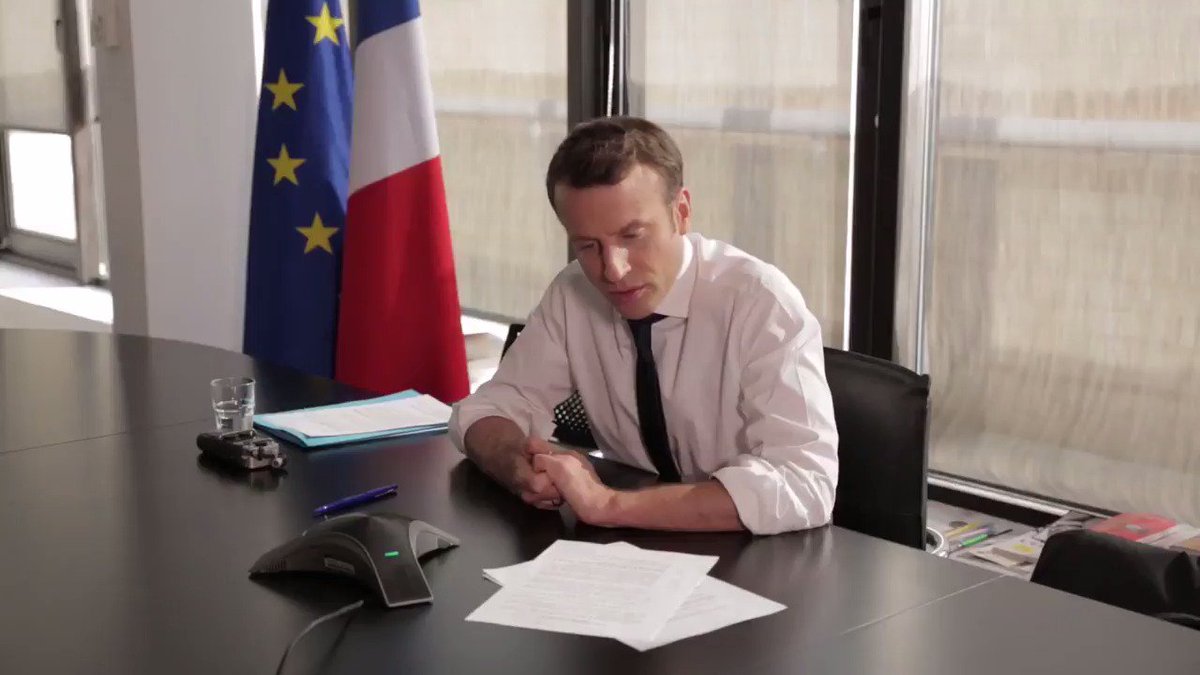IN THE IMMEDIATE AFTERMATH of the attack in Paris on Thursday night, claimed by the Islamic State, several French commentators suggested that the presidential election could be swayed by the fatal shooting of a police officer on the Champs-Élysées.
That’s largely because opinion polls suggest that the electorate was still divided almost evenly between four leading candidates ahead of Sunday’s first round vote, with a large number of undecided voters who could break for the anti-Muslim candidate of the far-right, Marine Le Pen, if fear of terrorism spikes.
Among those apparently rooting for French voters to be terrorized into voting for the ultra-nationalist Le Pen is Donald Trump, who continues to see the presidency as a vehicle for his amateur political punditry.
Trump’s barely concealed endorsement of Le Pen — who wants to deport or prosecute more than 10,000 people on a terrorism watchlist and take France out of the European Union — comes one day after his predecessor, former President Barack Obama, tried to boost the chances of the centrist, pro-European candidate, Emmanuel Macron, with a friendly phone call trumpeted by Macron’s campaign.
Despite the hopes of Trump, and his strategist Steve Bannon, who previously championed Le Pen through rapturous Breitbart News coverage, it remains unclear if the majority of French voters, who tell pollsters they will vote for anyone but Le Pen if she makes it to a second-round runoff, will be swayed by the shooting.
The morning after the attack, some commentators suggested that voters might agree with a comment by Macron initially described as a gaffe — that the threat of terrorism will be with the French people for many years — and now see such attacks as demanding increased security but not the revolutionary change Le Pen promises to deliver if elected.
In other words, it appears possible that the attack could prove pundits on both sides of the Atlantic wrong, with the race returning to its original dynamic, and Macron remaining narrowly favored to win.
In other news that might have gotten more attention if not for the attack in Paris, Francois Fillon, the center-right candidate polling in third place, suggested that a journalist who was interviewing him had failed to understand his platform because she was pregnant during the campaign, and Jean-Luc Mélenchon, the left-wing candidate surging in recent weeks, welcomed the endorsement of Pamela Anderson, who praised his promise to offer asylum in France to Julian Assange.
Top photo: French presidential candidate for the far-right Front National (FN) party Marine Le Pen looks on during a press conference on April 21, 2017 at her campaign headquarters in Paris.
CONTACT THE AUTHOR:
copiado https://theintercept.com/







Nenhum comentário:
Postar um comentário